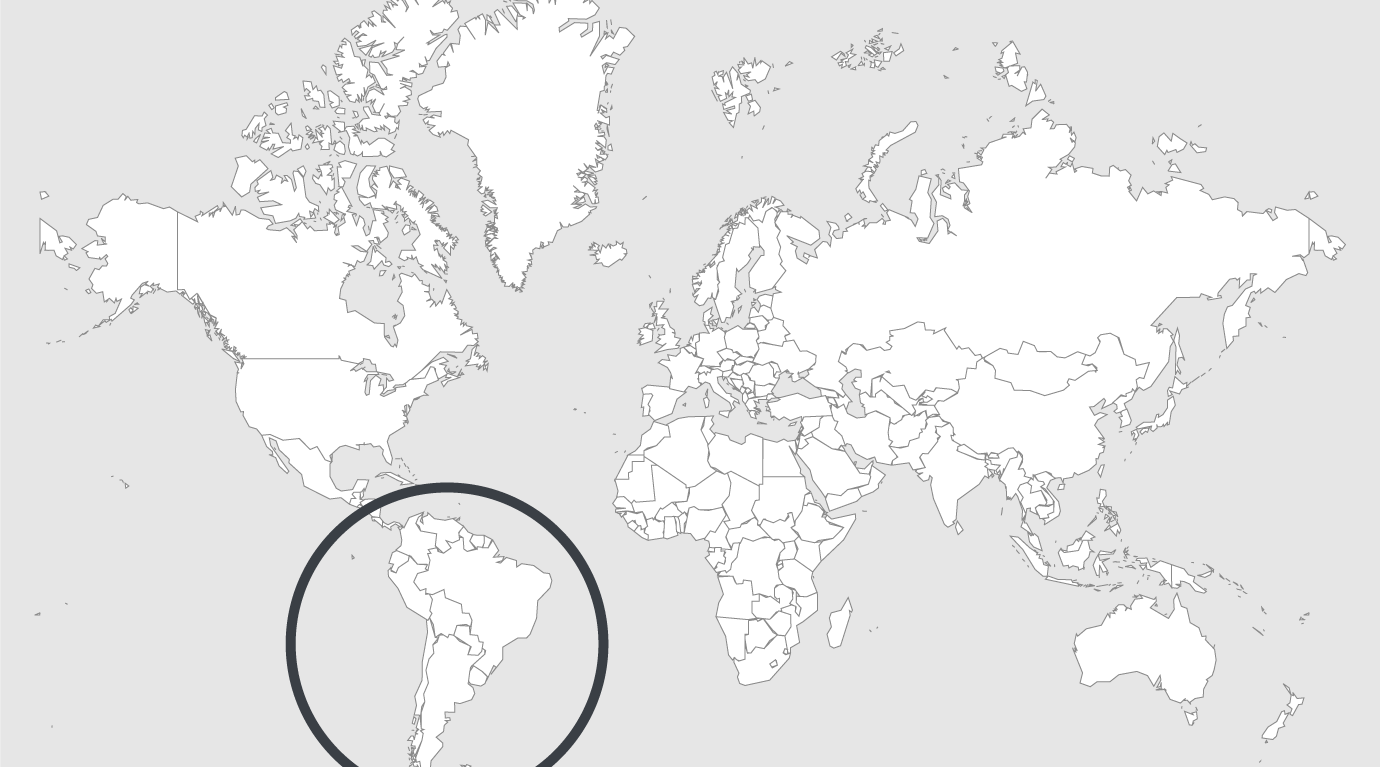
Explore
Brazil’s prison gangs are launching massive terrorism attacks. This explains why
Just one day after his inauguration, Brazil’s right-wing populist President Jair Bolsonaro faced his first public-security crisis. On Jan. 2, prison gangs launched a terrorism campaign throughout Ceara state, paralyzing the capital city, Fortaleza. Although he has deployed federal troops, violence continues: 278 attacks in 55 cities over 26 days (and counting), with bridges and overpasses bombed, electricity knocked out in some neighborhoods, schools and gas stations set on fire, and dozens of buses burned.
What triggered the attacks? Another New Year’s inauguration: Ceara’s newly reelected Gov. Camilo Santana installed a hard-liner as secretary of prisons, who promised to end segregation of prisons by gang, proclaiming he would not “recognize” them.
In response, the gangs unleashed their attacks and made specific demands, as in this “Public Notice” to Santana:
- We want this new secretary out of our state … All we want is for our rights to be respected and for everything to remain as it is without change.
-
We have in sight more than 20 bridges to explode, we will continue the attacks, until this new secretary is removed.
Signed ORGANIZED CRIME
It’s clear why prison gangs like the status quo
Segregation by gang was introduced in 2017 to stop the inmate bloodshed after inter-gang prison massacres swept Brazil’s north and northeast.
Yet segregation empowers gangs by giving them “home base” prisons. These have become status symbols, the hallmark of a real facção criminosa (criminal faction), as Brazil’s sophisticated prison gangs are known. To faction leaders, desegregation would be both humiliating and physically dangerous.
But why have warring factions come together to launch terrorist attacks?
The factions are engaged in what I call violent lobbying: pressuring leaders over policy issues, using violence.
Violent lobbying, I argued in my 2017 book “Making Peace in Drug Wars,” is less common than another logic of crime-state violence, violent corruption. Colombian drug lord Pablo Escobar’s “plata o plomo?” (“the bribe or the bullet?”) threats exemplify violent corruption: coerce police into taking bribes in exchange for nonenforcement of the law.
But sometimes criminal groups seek to change the law itself. Escobar sought to have extradition banned; Ceara’s gangs want to stop desegregation. Just like legal interest groups, these criminal organizations lobby decision-makers on behalf of their desired policies. The difference is they use violence to do so.
Violent lobbying doesn’t look like regular lobbying — but it shares key dynamics
First, lobbying is costly, so it’s worth pursuing only if the desired policy is one that decision-makers might plausibly adopt. Ideally, it should be one the public supports or just doesn’t care about. In Escobar’s Colombia, extradition was unpopular and eventually banned — and within hours, Escobar turned himself in.
For Santana, who vowed to “get even harder on crime,” sacking his prison secretary would be politically toxic. But Santana has good reasons to maintain segregation. Many citizens will not follow the details of prison policy, helping the factions’ cause, and even hard-liners don’t want inmate blood on their hands.
Read the complete article.
